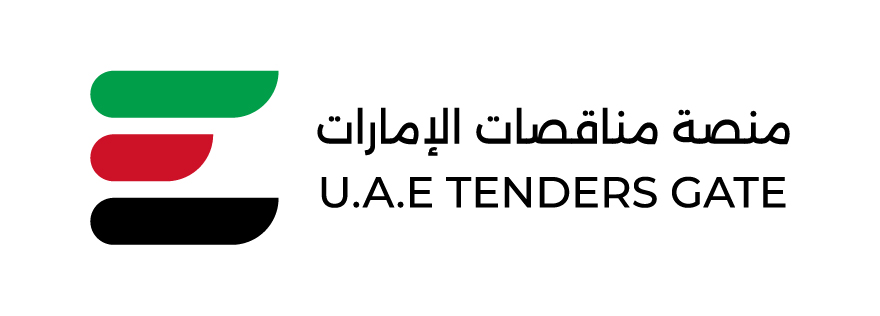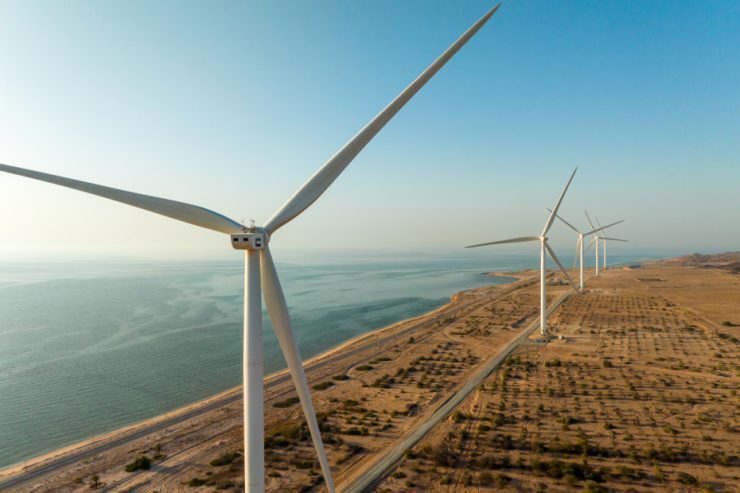The UAE has inaugurated its first wind programme, as the country is stepping up its fight against climate change ahead of the COP28 climate summit later this year.
The UAE wind programme builds on the country’s efforts to develop alternative energy sources, which began with the establishment of the region’s first wind power station on Sir Bani Yas Island in 2004.
Abu Dhabi Future Energy Company (Masdar)has built 103.5 megawatts of wind capacity across four sites, which includes a 45MW wind farm on Sir Bani Yas Island, the renewable energy producer said in a statement.
The other wind farm locations include Delma Island (27MW), Al Sila in Abu Dhabi (27MW), and Al Halah in Fujairah (4.5MW).
“The UAE Wind Programme is a great source of national pride and a demonstration of Masdar’s ability to pioneer and implement innovations in wind and renewable energy technologies,” said Dr. Sultan Al Jaber, Minister of Industry and Advanced Technology, COP28 President-Designate and chairman of Masdar.
The clean energy project leverages advanced technologies, material science and aerodynamics to capture low wind speeds at a utility-scale, paving the way for further projects.
The project, which was inaugurated by Sheikh Khaled bin Mohamed bin Zayed, Crown Prince of Abu Dhabi and Chairman of the Abu Dhabi Executive Council, will further diversify the UAE’s energy mix and advance the country’s energy transition.
The UAE wind programme is expected to power more than 23,000 homes a year. It will displace 120,000 tonnes of carbon dioxide, which is equivalent to removing more than 26,000 petrol-powered cars from the road annually.
Sheikh Khaled bin Mohamed said the clean energy project builds on previous efforts to find alternative sources of energy, including a wind power station that was first established on Sir Bani Yas Island in 2004.
UAE’s pioneering clean energy project
Masdar said by working with global technology leaders and turbine manufacturers, the renewable energy project is paving the way for the commercialisation of further utility-scale, low-wind speed projects.
The state-owned renewable energy firm has been pioneering clean energy since 2006. It launched the 100 MW Shams project a decade ago, which was the first concentrated solar power plant to be developed in the Middle East.
The clean energy firm is at the final stages of developing the Cirata Floating Solar Plant in Indonesia, which is set to be Southeast Asia’s largest floating solar plant. Earlier this year, the Sharjah Waste to Energy plant in the UAE recorded that it had processed over 100,000 tonnes of waste and offset over 150,000 tonnes of carbon emissions since it began operations a year ago.
The plant, which is the Middle East region’s first waste-to-energy plant, is a joint venture between Masdar and BEEAH Group. Masdar is active in more than 40 countries and has invested in a portfolio of renewable energy projects with a combined capacity of more than 20 GW.
The company is committed to achieving at least 100 GW of total renewable energy capacity by 2030.
The UAE wind programme is also creating a foundation of critical scientific wind data, which will form the basis of the UAE’s next phase of development.





